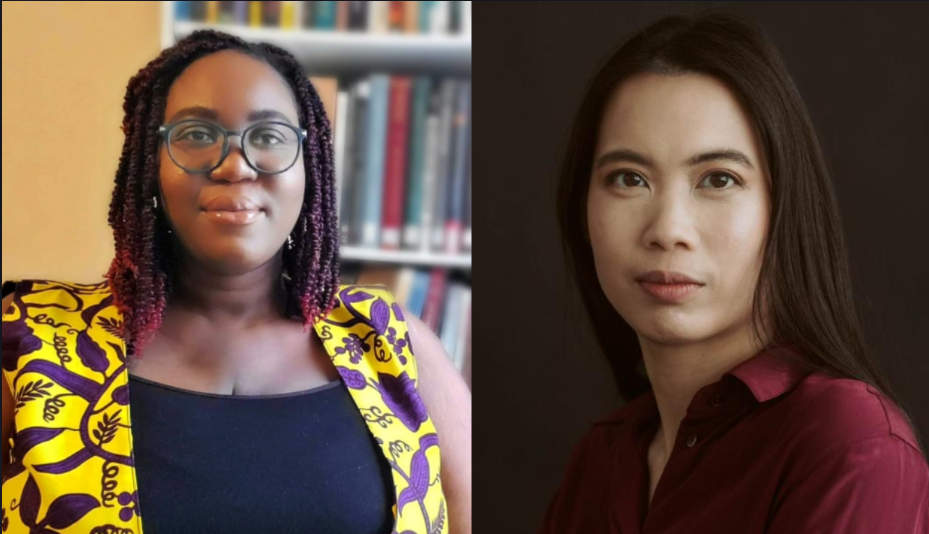Dietrich School Professor Wants to Make Physics More Diverse

Physics has long suffered from the perception that the most cutting-edge work is done by lone geniuses, usually white men. It’s a bias that’s seeped into how instructors interact with their students, and even into how students think about themselves. Prior research has shown that female students who get A’s in introductory physics think they’re as good at physics as male students who get C’s.










